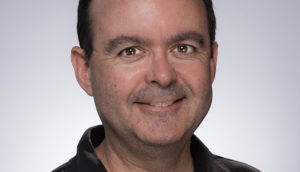2 Less than a minute
Featured:
Carson, CA
Humidity:
91 %
Pressure:
1012 mb
Wind:
5 mph
Wind Gust:
0 mph
Clouds:
0%
Visibility:
6 mi
Sunrise:
5:50 am
Sunset:
8:05 pm
Weather from OpenWeatherMap
